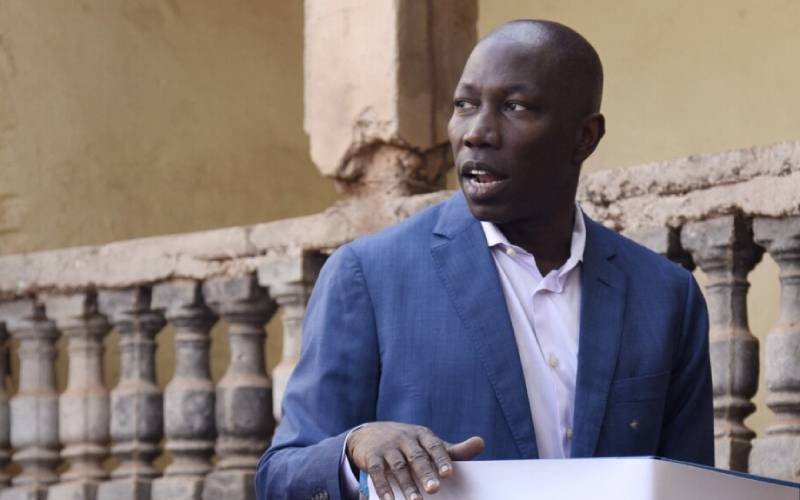
Domingos Simões Pereira, longtime opposition leader and former Prime Minister, returned to Bissau on September 19 after nine months in exile, immediately reigniting the country’s political tensions.
The PAIGC, his party, swiftly nominated him as its candidate for the November 23 presidential election, setting the stage for a dramatic rematch against incumbent President Umaro Sissoco Embaló.
Pereira’s arrival at Bissau airport was met with heightened security, reflecting the fraught environment he faces.
He left Guinea-Bissau last December, citing threats to his life following the dissolution of the National Assembly by President Embaló. During his time in Portugal, Pereira consistently denounced what he described as the regime’s authoritarian drift and prepared for his political comeback.
The PAIGC nominated him almost unanimously, with 97.3% of votes from its central committee.
Upon accepting the candidacy, Pereira declared himself “ready to face the electoral challenge” and vowed to “win the next elections with moral and legal legitimacy alongside the people of Guinea-Bissau.”
However, Pereira’s return is fraught with risk. He faces ongoing legal proceedings in Guinea-Bissau, accused of corruption and attempted coup d’état—charges he rejects as politically motivated attempts to marginalize the opposition.
This dual status, as both a defendant and a presidential contender, is heightening political tensions and drawing international scrutiny.
His supporters warn of a climate of fear and repression, while President Embaló has signaled that he “will not tolerate any challenge to the results.”
This confrontation echoes the 2019 election, which was resolved only after ECOWAS arbitration confirmed Embaló’s victory. Pereira’s rhetoric has grown more confrontational, accusing the government of “capturing institutions” and promising policies grounded in “transparency, inclusive dialogue, and social justice.”
Guinea-Bissau’s political landscape remains highly unstable. Since independence, the country has experienced four successful coups and seventeen attempted coups.
The November election could either consolidate Embaló’s hold on power or usher in a leadership change under Pereira, whose return underscores the high stakes and unpredictable nature of the nation’s democracy.
The outcome may well be decided not only at the ballot box but also in the courts.



